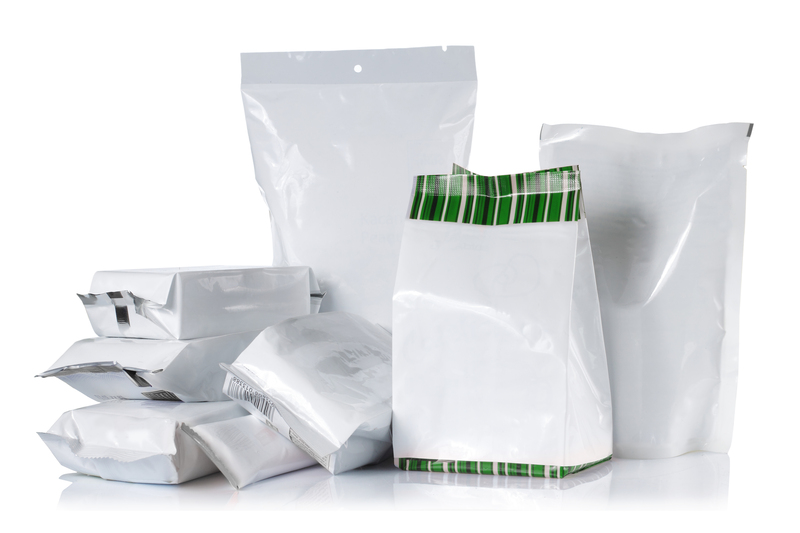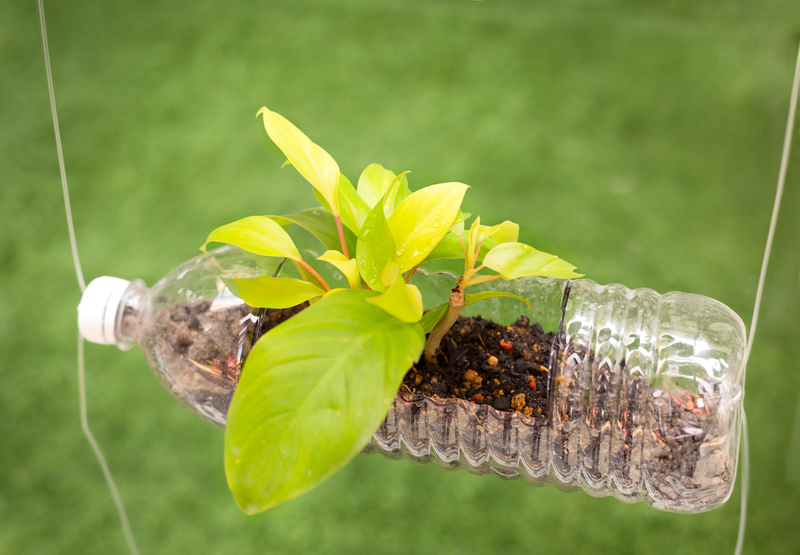
What Actions to Take if the Bin is Still Full
Dealing with a full bin can be frustrating and inconvenient, especially when you're trying to maintain a clean and organized living space. Whether it's your household???, recycling container, or communal waste bin, understanding the steps you can take to handle this issue effectively is crucial. In this guide, we'll explore actionable strategies to manage and reduce waste when your bin is still full, ensuring a cleaner environment for everyone.
Assess the Situation: Why Is the Bin Full?
Before taking action, it's important to evaluate the reasons why the bin might still be full. Consider the following possibilities:
- Collection Schedule: Has there been a delay in the waste collection services?
- Increased Waste Output: Have you generated more waste than usual, perhaps due to a recent event or activity?
- Improper Segregation: Are you properly segregating recyclables and non-recyclables?
Understanding the underlying causes will help you decide the best course of action to take, ensuring that your trash situation is resolved promptly and efficiently.
Immediate Actions for Handling Overflowing Waste
When faced with a full bin, here are several immediate actions you can take:
1. Optimize Your Current Space
Before resorting to drastic measures, check if you can optimize the space within your current bin:
- Break Down Boxes: Cardboard boxes often take up unnecessary space. Flatten them to save room in your bin.
- Compress Bottles and Cans: Crushing recyclables like plastic bottles and aluminum cans helps maximize space.
- Stack Smart: Arrange items strategically to make full use of the available bin space.
2. Check for Service Delays
If your waste hasn't been collected as scheduled, there might be a delay in municipal services. You can:
- Contact Local Waste Management: Reach out to your local waste management company to confirm the delay and get an estimated time for collection.
- Stay Updated: Use community forums or social media groups to check if others are experiencing similar issues.
Reducing Waste Output: Long-Term Solutions
Implementing sustainable waste management practices can prevent your bin from overflowing in the future. Consider these strategies:
1. Adopt Composting
Composting is an excellent way to reduce organic waste, turning food scraps and garden waste into valuable nutrient-rich compost:
- Start Small: You don't need a large garden; even apartment dwellers can compost using a small bin.
- Know What to Compost: Learn what materials are compostable, such as fruit peels, coffee grounds, and eggshells.
- Avoid Odors: Mixing greens and browns and aerating your compost can prevent unpleasant smells.
2. Recycle Intelligently
Recycling properly can significantly reduce the amount of waste that ends up in your bin:
- Educate Yourself: Familiarize yourself with local recycling guidelines to know what can and cannot be recycled.
- Clean Recyclables: Ensure items are clean to avoid contamination, which can render entire batches non-recyclable.
- Sort at Source: Keep separate bins for recyclables and non-recyclables to make sorting easier.
3. Reduce, Reuse, and Rethink
Adopting a minimalist lifestyle can also lower your waste output significantly:
- Ponder Purchases: Avoid single-use products and consider whether items are truly necessary.
- Repurpose Items: Get creative to find new uses for products instead of discarding them immediately.
- Donate: Charities and local organizations may accept items you no longer need, reducing waste.
Utilizing Community Resources
Don't overlook the power of community when dealing with waste challenges:
1. Share Resources
With neighbors or nearby residents, collaborate to manage excess waste:
- Coordinate Waste Disposal: Organize a community waste drop-off day.
- Community Compost Heaps: Establish shared composting sites for organic waste.
2. Participate in Local Initiatives
Your community may have waste reduction programs or events that you can partake in:
- Attend Workshops: Learn more about sustainable living through community-led workshops.
- Engage with NGOs: Collaborate with non-profits focused on environmental conservation.

Conclusion
Managing waste when your bin is still full involves a combination of immediate tactics and long-term strategies. By evaluating the situation, optimizing your waste, adopting sustainable practices, and engaging with community initiatives, you can effectively handle overflowing waste and contribute to a healthier, cleaner environment. Taking proactive steps not only resolves immediate issues but also contributes to broader efforts in waste reduction and environmental conservation.